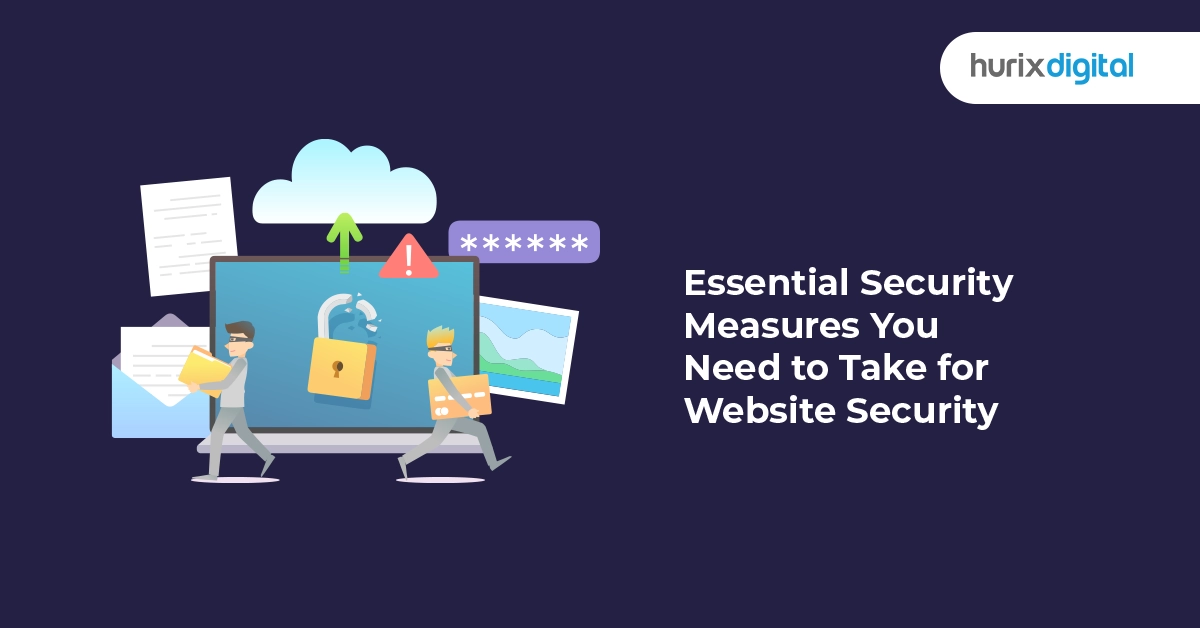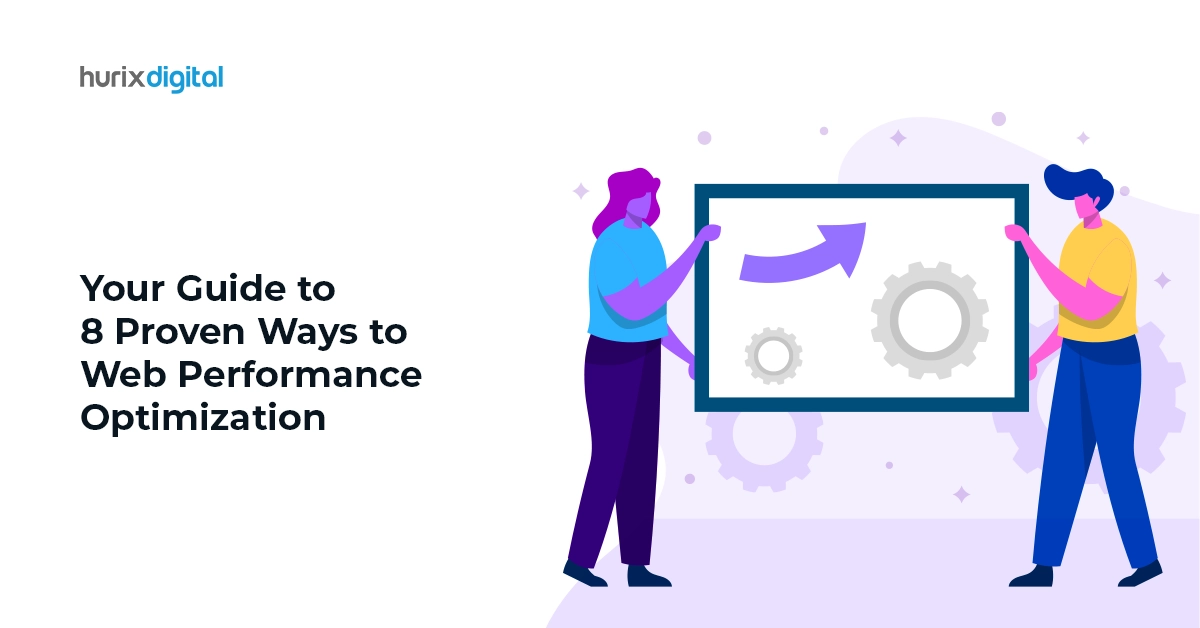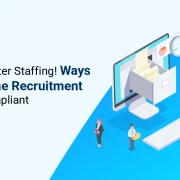
Essential Security Measures You Need to Take for Website Security
Websites are the cornerstones of our digital presence, but with great online exposure comes great responsibility. They serve as storefronts, communication centers, and storage spaces for our important information online.
Did you know the average website faces 94 attacks every single day?
These incidents could lead to outcomes such as revealing customer information, which could harm your brand and potentially damage its image. The positive aspect is that safeguarding your website doesn’t need to be excessively intricate.
By incorporating practices during development and maintaining a security routine, you can greatly enhance your website protection.
Table of Contents:
- Why Website Security Matters
- Best Practices for Secure Website Development
- Website Maintenance for Enhanced Security
- Partnering for Proactive Website Security
- Conclusion
Why Website Security Matters?
In a user-centric world, your website serves as more than just a virtual pamphlet; it plays a crucial role in shaping your brand image and can serve as an entry point to valuable user information. If targeted by cyber threats, the aftermath could be severe, resulting in:
- Data Breaches: Hackers can steal sensitive information like customer data, financial details, or login credentials. This can result in identity theft, financial losses, and reputational damage. A data breach can not only result in significant financial losses but also shatter user trust and damage your brand reputation for years to come.
- Malware Infections: Malicious software can infect your website, redirect users to harmful sites, steal data, or disrupt website functionality. This can damage user trust and negatively impact your search engine rankings.
- Downtime and Disruption: Website attacks can render your site inaccessible to users, causing lost revenue and frustrating potential customers. The impact on an e-commerce store experiencing website downtime during peak shopping season is detrimental.
- Compliance Issues: Depending on your industry and the type of data you collect, you might be subject to data privacy regulations. A breach in website security can result in breaking these rules, which could lead to fines and damage to reputation.
Making sure your website is secure is not a choice; it’s a must. By following the methods for development and continuous upkeep, you can greatly minimize the chances of cyberattacks. It’s necessary to protect your important online resources.
Also Read: A Guide to Maximizing Your Potential with Web Development Services in 2024
Best Practices for Secure Website Development
While cyber threats are constantly evolving, there’s a strong foundation of security measures you can implement during website development to significantly reduce your attack surface. Here are some key practices to consider:
1. Following Secure Coding Principles
By following coding principles, you can lower the chances of vulnerabilities like SQL injection and cross-site scripting attacks. These principles involve tasks such as validating data, managing inputs, and using trusted libraries and frameworks with security features.
2. Implementing Strong Authentication
Cyber attackers target the login section of your website, making it crucial to have authentication measures in place. Organizations can enhance security by setting password requirements that include a mix of uppercase and lowercase letters, numbers, and symbols.
Additionally, they can introduce multifactor authentication (MFA), which requires a layer of verification beyond a password. Its also recommended to prompt users to update their login information
3. Ensuring Secure Server Configuration
The place where your website is hosted plays a role in its security. Ensure your web server is set up securely by using firewalls to filter traffic, regularly updating server software with security fixes, and disabling unnecessary services that malicious enablers could exploit.
4. Looking for Security Flaws
code can have vulnerabilities. It’s essential to conduct vulnerability assessments to identify and address weaknesses in your website’s code, configurations, and third-party plugins. These assessments can be carried out internally by security professionals. Outsourced to a security firm.
5. Validating User Input and Data Cleaning
User input, such as form submissions or comments, can serve as an entry point for cyber attacks. Input validation ensures that user-provided data meets criteria (e.g., allowing numbers in a field).
Data cleaning involves removing or neutralizing any characters from user input before it’s used on your website. These practices help prevent attacks like SQL injection and cross-site scripting (XSS).
Website Maintenance for Enhanced Security
Security is not something you can just set up once and forget about. Regular maintenance is crucial to ensure your website remains secure and protected:
1. Consistent Software Updates
It is crucial to ensure that your website’s software, including platforms, plugins, and themes, is regularly updated with the latest security patches.
By staying proactive in updating these components, you can effectively mitigate the risk of vulnerabilities that hackers could exploit. It’s essential to treat software updates as tasks to address security threats; taking prompt action can greatly minimize your exposure to risks.
2. Maintaining Regular Backups
Having backups is like having a safety net for your website checker and data. It helps you quickly restore everything to a previous state.
It’s crucial to have a backup plan that covers your website’s files and databases. This ensures you can minimize any downtime or data loss in case of an attack or unexpected technical problem.
3. Granular User Access Controls
The concept of privilege suggests that individuals should only be granted access to the information and tools required for their specific roles.
By establishing user access controls, you can limit access to sections of your website to authorized users, minimizing risks in case of credential breaches. Enforcing restrictions according to user roles and permissions enhances the security of your website.
4. Security Awareness Training
Even the strongest security setup can fall short due to mistakes. Teaching website safety checker administrators and content creators about security awareness can greatly enhance the security of your website.
By educating users on the importance of using login details, maintaining password practices, and recognizing phishing emails, they can play a vital role in safeguarding the website.
Partnering for Proactive Website Security
A recent research conducted revealed that 93% of organizations have faced data breaches in the form of identity thefts 2 or more times in the past year. This highlights the importance of website security measures. Just imagine the havoc that would ensue if your website, the cornerstone of your presence, was breached.
While website security check online is a shared responsibility, partnering with a website security expert can provide an extra layer of protection. For instance, always check websites for malware. Here are some comprehensive website security services, including:
- Security Audits and Penetration Testing: Identify and address vulnerabilities before hackers exploit them.
- Website Monitoring and Threat Detection: Proactively monitor your website for suspicious activity and take immediate action if needed.
- Incident Response Planning and Management: Develop a plan to respond to security incidents efficiently and minimize damage.
Also Read: Digital Inclusivity Matters: A Guide to Accessible Website Development
Conclusion
Keeping your website secure requires effort. Conducting security checks and penetration testing helps discover and fix vulnerabilities before they are exploited. Hurix Digital assists in this area!
Our skilled website security professionals offer a range of services, such as monitoring to detect and respond to security risks promptly. You can develop action plans to minimize the impact of a security breach.
Are you geared up to build a secure and resilient online presence?
Schedule a free consultation with us.
Let us help you safeguard your website and valuable online assets!

Currently serving as the Vice President of Technology Delivery Operations at HurixDigital, a prominent global provider of digital content and technology solutions for publishers, corporations, and educational institutions. With over 16 years of experience spanning EdTech and various domains, I hold certification as a SCRUM Product Owner (CSPO). My expertise includes operations, finance, and adept people management skills.






